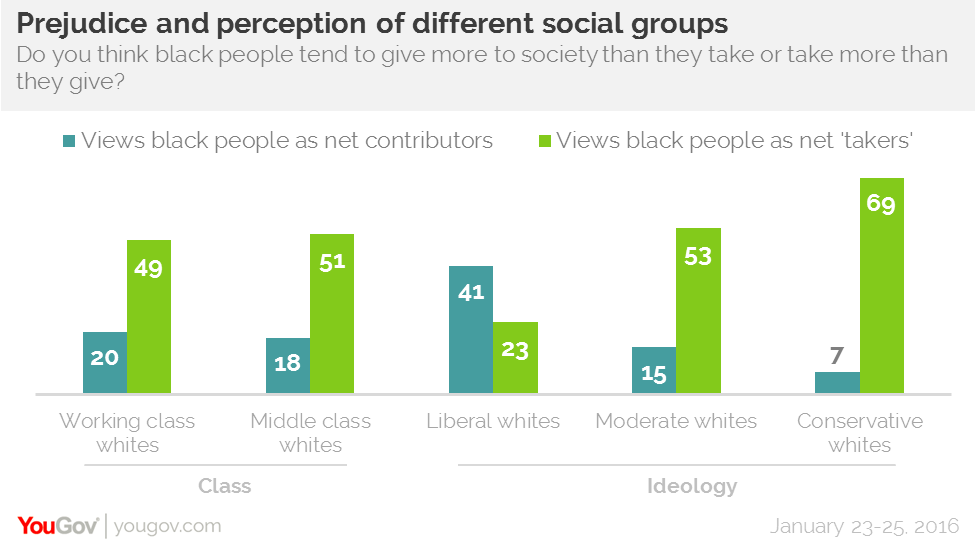I'm fairly sure this is empirically untrue. The World Values Survey records consistent differences in attitudes towards race and racism across different countries; there's no standard level of racism every society adheres to.
And the rise of the racist right wing and hatred of Roma in Europe is what exactly?
Seriously, every time GAF has a Roma thread European posters get banned by the truckload.
Edit: and you misread my post. They appear to be less racist because it's not an issue they always deal with like we do in the US. Black footballer get called monkies on the regular in Europe.

